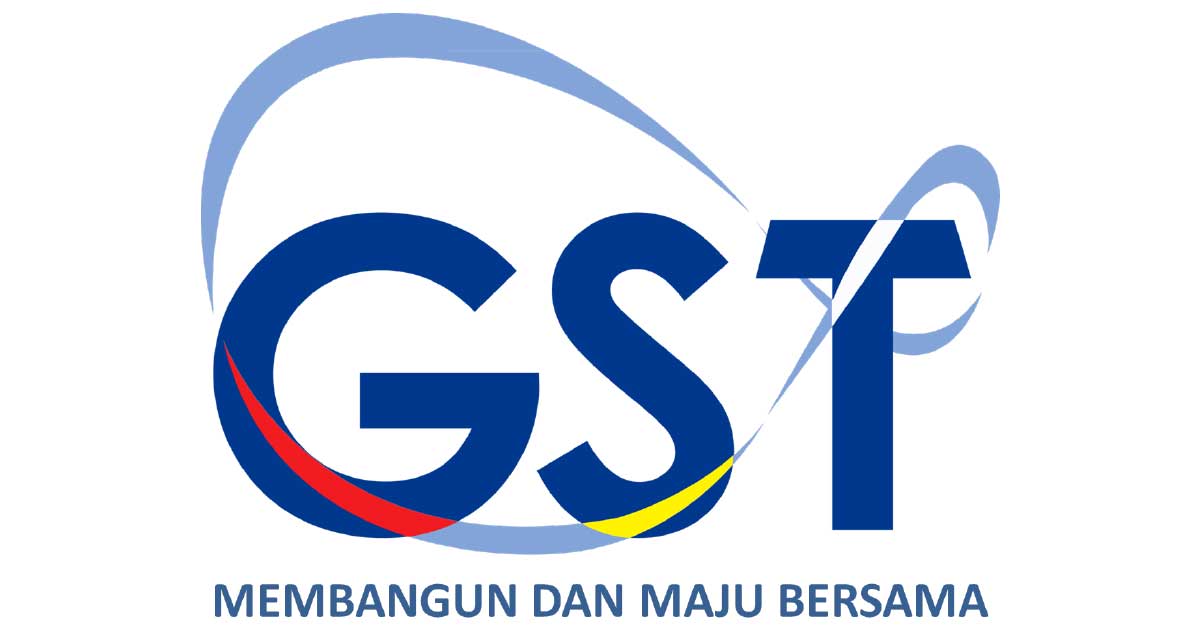Chinese chambers say authorities should not rush small businesses into installing a point of sale (POS) system, adding that it’s more important to educate them on GST compliance. JOY LEE reports.
SMALL traders should be given time to fully understand and comply with the Goods and Services Tax (GST) regime before the authorities enforce the compulsory use of point-of-sales (POS) system, says the Associated Chinese Chambers of Commerce and Industry of Malaysia (ACCCIM).
National council member and chairman of SMEs and HRD committee, Koong Lin Loong, says small business owners are still unsure about how to be GST-compliant and are demanding better clarification on the requirement for a POS system.
Last week, Deputy Finance Minister Datuk Johari Abdul Ghani said traders must install POS systems to issue invoices that were printed and numbered, in compliance with the GST standard by Oct 1.
The ministry had identified six categories of businesses at retail level that had to have the POS system or at least a GST-compliant cash register, namely pharmacies, bookshops, grocery and sundry stores, hardware shops, mini-markets, eateries and entertainment outlets such as pubs and karaoke joints.
“We should not rush into forcing all these retailers to have a POS system. I think there should be more emphasis on educating them on full compliance of the GST first. Getting the POS is a good thing but there needs to be a timeframe for SMEs to adjust to the GST system first,” Koong says.
According to Koong, other countries that have implemented the GST such as Australia have also allowed pre-printed invoices as long as they contained details that are GST-compliant.
He notes that expectations for local SMEs to install a POS system over the next two to three weeks may be “harsh”.
“According to the Customs director general, all GST-registered company should not use handwritten invoices. They must use computer-generated receipts. So traders are confused because now they have to install POS. A lot of them don’t have POS and cash registers.
“Is it not good enough to use computer-generated invoices that is GST-compliant? Do they need to get new cash registers?
“There needs to be better clarity on what is a POS and a GST-compliant cash register for these small traders. SMEs want to comply but they are not sure how to,” says Koong.
He is also urging the authorities to give more leeway to small businesses in meeting deadlines, given that the past six months has been a transitional period for them to find their way around the new tax system.
He says SMEs are getting better after this learning stage and expects things to improve over the next six months as the authorities look into problems peculiar to individual industries.
Koong also applauds the Customs Department for their efforts in hurrying the GST refunds to businesses.
“Customs has done a good job in making the refunds. There were delays previously as there were cases of companies that had wrongly put the amount of the refunds, submitting the wrong forms or had inaccurate bank account and contact information.
“Customs has already clarified that they are not doing any auditing. They are also trying very hard to contact the companies for more information so that refunds can be made. This is good effort on their part,” he says.
Under GST Regulation 2014, refunds of input tax are to be made within 14 working days of online submission of claims, or 28 working days when done manually.
Over 92% of companies that had submitted their GST for the month of April have received their input tax refunds.
Koong believes that companies that have all their information in order should not have any issues in getting back their refunds.
One such company is education services provider LeapEd Services Sdn Bhd.
“We started preparations early. We brought in specialists to train our staff because we wanted to be prepared to manage the new system. We made a heavy investment to be GST-compliant because we wanted to be fully compliant.
“I think if a company is fully compliant, the system should work and there shouldn’t be much of a problem,” says CEO John Chacko.
Source: The Star Online
